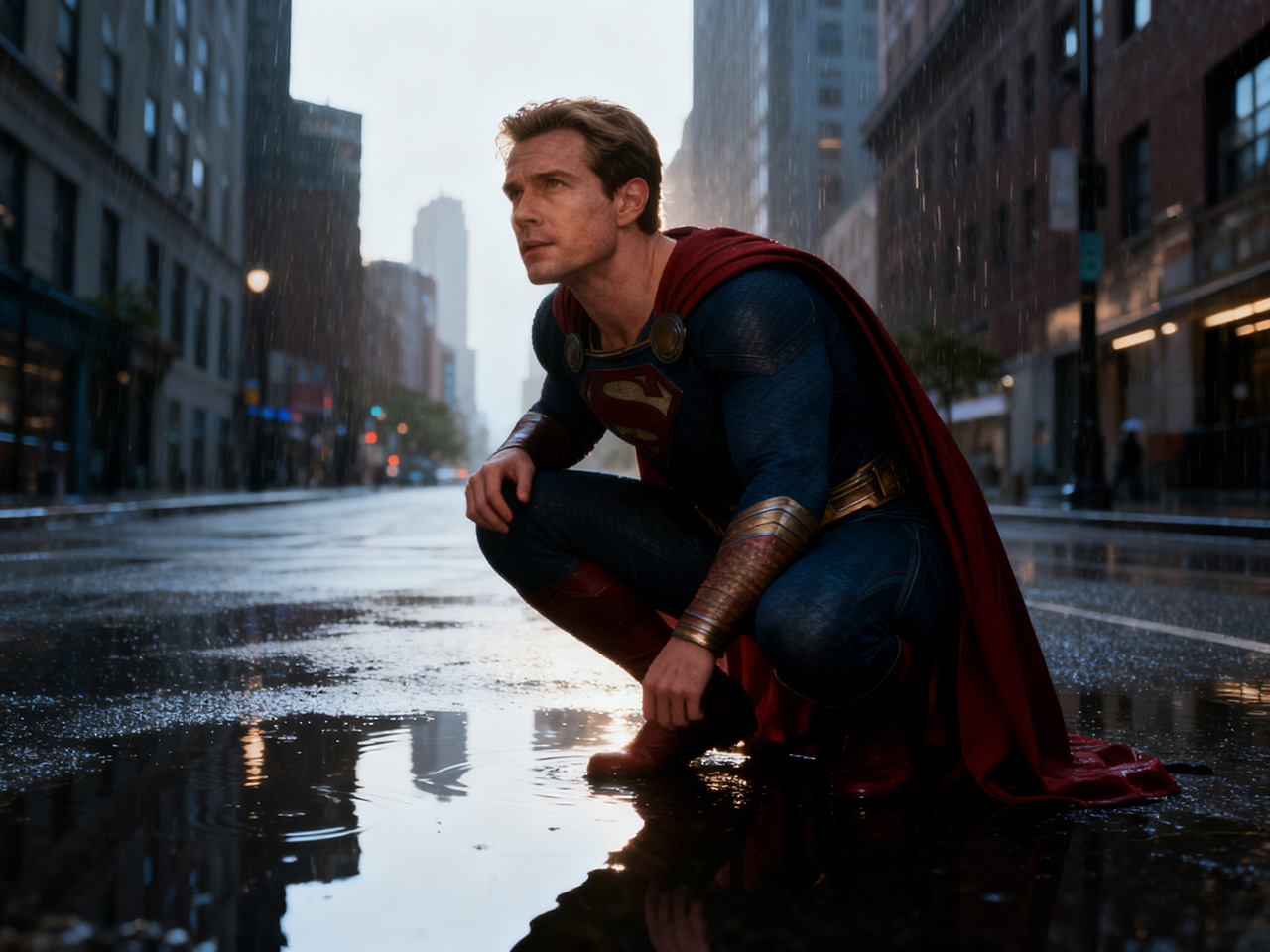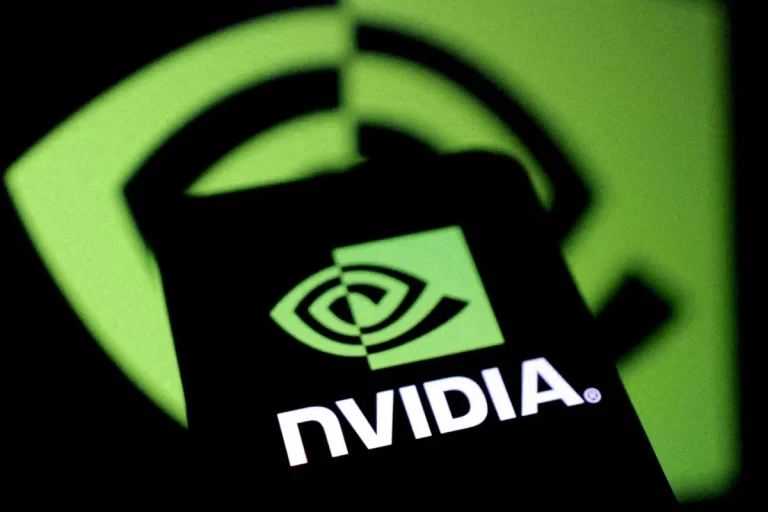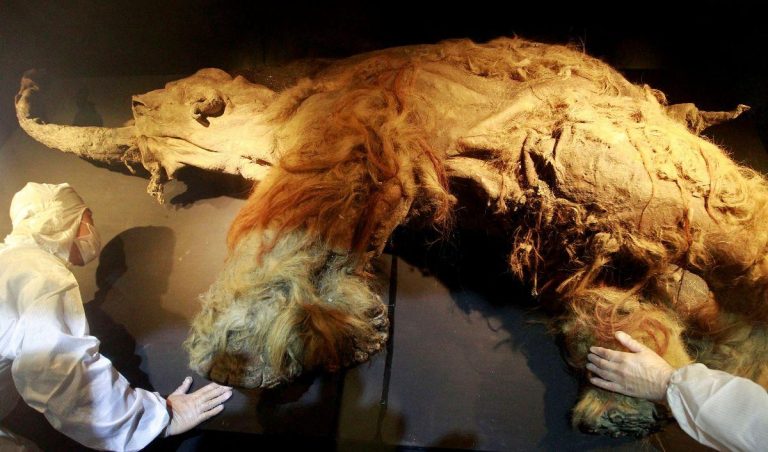
L.O. Heroes and Their Influence on Pop Culture: An In-depth Analysis
In the vast landscape of entertainment, few phenomena have captured the collective imagination as profoundly as the realm of L.O. Heroes. These larger-than-life characters, originating from a diverse array of media, have not only enthralled audiences worldwide but have also left an indelible mark on pop culture. In this comprehensive analysis, we delve into the origins of L.O. Heroes, their evolution, their significant impact on various facets of pop culture, and their continued relevance in today’s media-saturated society.
Origins and Evolution of L.O. Heroes
The concept of heroes is as old as storytelling itself; however, the specific archetype of L.O. Heroes has its roots in the early 20th century. Emerging primarily from comic books, these characters were designed to be larger than life, equipped with extraordinary abilities and a strong moral compass. The Golden Age of Comics, spanning the late 1930s to the early 1950s, was instrumental in establishing the foundational traits of L.O. Heroes, with iconic figures such as Superman and Batman leading the charge.
As the decades progressed, L.O. Heroes evolved to reflect societal changes and audience preferences. The Silver Age of Comics introduced more complex narratives and flawed heroes, while the Modern Age has seen a diversification in the types of heroes portrayed, encompassing various races, genders, and ideologies. This evolution has ensured the continued relevance of L.O. Heroes, enabling them to resonate with contemporary audiences while retaining their core appeal.

The Influence of L.O. Heroes on Film and Television
The transition of L.O. Heroes from the pages of comic books to the silver screen marked a significant milestone in their pop culture journey. The 1978 release of “Superman,” directed by Richard Donner, set the precedent for superhero films, proving that these stories could be both commercially successful and critically acclaimed. This trend continued with the advent of cinematic universes, notably the Marvel Cinematic Universe (MCU), which has become a cultural juggernaut.
Television has also played a crucial role in popularizing L.O. Heroes. Shows like “Batman: The Animated Series” and “Smallville” have introduced these characters to new generations, while streaming platforms have expanded the reach and diversity of hero-centric content. The success of series such as “The Boys” and “WandaVision” highlights the adaptability of L.O. Heroes to different formats and genres, further cementing their influence on pop culture.
L.O. Heroes and Fashion
The impact of L.O. Heroes extends beyond entertainment, permeating the world of fashion. Iconic costumes, such as Superman’s cape and Wonder Woman’s armor, have become cultural symbols, influencing fashion trends and design aesthetics. Collaborations between fashion designers and comic book publishers have resulted in unique clothing lines that celebrate these heroes, blurring the lines between fantasy and reality.

Moreover, the rise of cosplay culture has seen fans embody their favorite L.O. Heroes, showcasing their creativity and passion at conventions worldwide. This phenomenon underscores the deep-rooted connection between these characters and their audiences, highlighting the enduring appeal of L.O. Heroes across various demographics.
The Role of L.O. Heroes in Social Commentary
L.O. Heroes have long served as a medium for social commentary, addressing contemporary issues through allegorical narratives. These stories often tackle complex themes such as identity, justice, and morality, providing a platform for discourse and reflection. The X-Men series, for example, uses its characters to explore themes of prejudice and acceptance, resonating with audiences facing similar challenges in the real world.
In recent years, the rise of diverse L.O. Heroes has further amplified their role in social commentary. Characters like Black Panther and Ms. Marvel have challenged traditional stereotypes, offering representation and empowerment to marginalized communities. This shift towards inclusivity has expanded the cultural significance of L.O. Heroes, making them more relevant than ever.
The Economic Impact of L.O. Heroes
The commercial success of L.O. Heroes cannot be overstated. The box office triumphs of superhero films have redefined industry standards, with franchises like “Avengers” and “Spider-Man” generating billions in revenue. This financial success extends beyond films, with merchandise, video games, and theme parks contributing to the economic impact of these characters.

The popularity of L.O. Heroes has also led to lucrative partnerships and collaborations with major brands, further cementing their status as cultural icons. These ventures not only boost the economy but also enhance the global reach and influence of L.O. Heroes, ensuring their continued relevance in a competitive entertainment landscape.
The Future of L.O. Heroes
As we look to the future, the enduring legacy of L.O. Heroes seems assured. Advances in technology, such as virtual reality and augmented reality, offer new avenues for storytelling and audience engagement. These innovations are likely to transform the way L.O. Heroes are experienced, providing immersive and interactive experiences that transcend traditional media.
Furthermore, the ongoing commitment to diversity and representation promises to introduce a new generation of L.O. Heroes, reflecting the evolving values and aspirations of global audiences. As society continues to change, so too will the narratives and characters that define the L.O. Heroes genre, ensuring their continued relevance and impact on pop culture.
Takeaways
In conclusion, the influence of L.O. Heroes on pop culture is both profound and multifaceted. From their origins in comic books to their dominance in film, television, and fashion, these characters have captivated audiences and shaped societal norms. Through social commentary and economic impact, L.O. Heroes have transcended their fictional origins to become integral components of modern culture.

As we move forward, the adaptability and resilience of L.O. Heroes will undoubtedly ensure their place in the cultural zeitgeist. Whether through groundbreaking storytelling, technological innovation, or continued social relevance, L.O. Heroes will continue to inspire and entertain, leaving an indelible mark on the tapestry of pop culture.
The ongoing evolution of L.O. Heroes is a testament to their enduring appeal and their ability to mirror the hopes, fears, and aspirations of society. As new challenges and narratives emerge, these heroes will undoubtedly rise to meet them, offering audiences a source of inspiration and reflection in an ever-changing world.
The global reach of L.O. Heroes also underscores their universal appeal. Despite cultural and linguistic differences, these characters resonate with audiences worldwide, transcending borders and bringing people together through shared stories and experiences. This global connection highlights the power of storytelling and the unique role that L.O. Heroes play in bridging cultural divides.
Moreover, the rise of digital platforms and social media has transformed how L.O. Heroes are consumed and discussed. Fans can now engage with content in real-time, sharing their thoughts and theories across platforms and creating vibrant communities centered around their favorite heroes. This interactivity has enriched the L.O. Heroes experience, fostering a sense of belonging and community among fans.

Educational initiatives have also embraced L.O. Heroes, using these characters to engage students and promote literacy. By incorporating superhero-themed content into curricula, educators can capture students’ imaginations and encourage critical thinking, creativity, and empathy. This innovative approach to education highlights the versatility of L.O. Heroes and their potential to inspire positive change beyond entertainment.
The impact of L.O. Heroes extends into philanthropy, with numerous campaigns and charitable initiatives leveraging the popularity of these characters to support various causes. From fundraising efforts to awareness campaigns, L.O. Heroes have become powerful advocates for social justice, environmental conservation, and humanitarian aid, demonstrating their capacity to effect meaningful change in the real world.
As we continue to navigate an increasingly complex and interconnected world, L.O. Heroes offer a beacon of hope and resilience. Their stories remind us of the importance of standing up for what is right, embracing diversity, and striving for a better future. In doing so, L.O. Heroes not only entertain but also inspire us to become heroes in our own lives, championing the values and ideals that define us as individuals and as a society.
In summary, the influence of L.O. Heroes on pop culture is vast and multi-dimensional. Their journey from comic book pages to cultural icons is a testament to their enduring power and relevance. As we look to the future, it is clear that L.O. Heroes will continue to evolve, adapt, and inspire, leaving an indelible legacy that will be celebrated for generations to come. With their ability to captivate, educate, and unite, L.O. Heroes are not just fictional characters—they are a reflection of our highest ideals and our deepest aspirations, forever etched in the fabric of pop culture.






